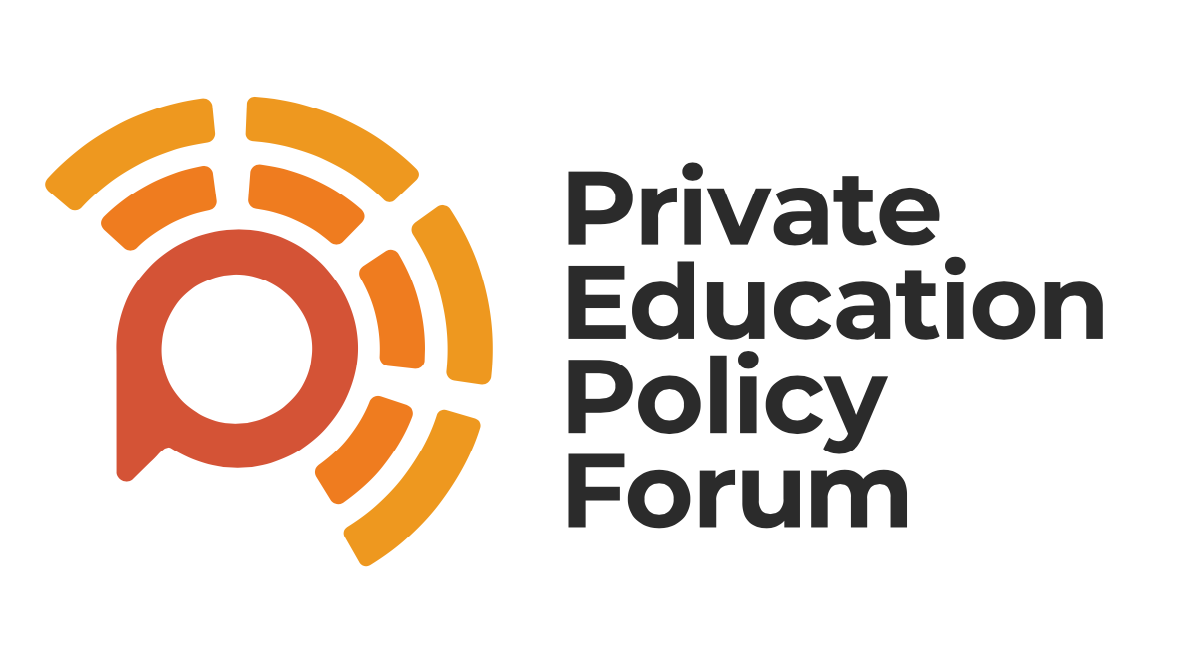
Title:
Comparing sources of stress for state and private school teachers in England
Authors:
Jude Brady and Elaine Wilson (2021) in Improving Schools
What’s it about?
We know from previous research that teachers’ work has intensified greatly in recent years in Britain, while their autonomy to make their own decisions has decreased.
Rising stress could be the result, and may be why teachers have been leaving the profession in increasing numbers. This paper is one of very few that compare private and state school teachers.
Methodology
The research participants were 20 teachers drawn from 18 state schools, and 20 teachers drawn from 6 private schools. These participants took part in focus groups and one-to-one interviews.
What are the key findings?
- The state school teachers typically reported that high workloads, and school policies driven by accountability, were the primary sources of their stress. Pupil misconduct was an issue only for a small proportion of cases.
- The private school teachers reported that the chief source of their stress was accountability to parents. They complained that parents expected high academic outcomes, demanded instant replies to emails and meetings at short notice. Parents were also more likely to ask for teachers to be investigated. They also spoke occasionally of concerns about ‘entitled’ pupils being ‘rude’.
- While some state school teachers reported their work as greatly stressful, the interviewed private school teachers generally described only mild experiences of stress
- Private school teachers reported that they were well-resourced to meet the demands of their work.
None of these findings are especially surprising, given the huge resource gap between private and state schools.
Nevertheless, our understanding of private school teachers, and how their jobs differ from those of state school teachers, remains very limited; this study is a small but useful contribution.
What are the limitations of this research?
The research must be regarded as only suggestive, because it is based on only a small number of teachers who were recruited to participate through ‘convenience’ methods (e.g. social media ads).
The researchers also felt that participants may have been influenced by where the focus group discussions took place and whether they included other colleagues. One cannot generalise to all private and state school teachers from this study.
Explained by: Francis Green, Professor of Work and Education Economics at UCL Institute of Educatio



